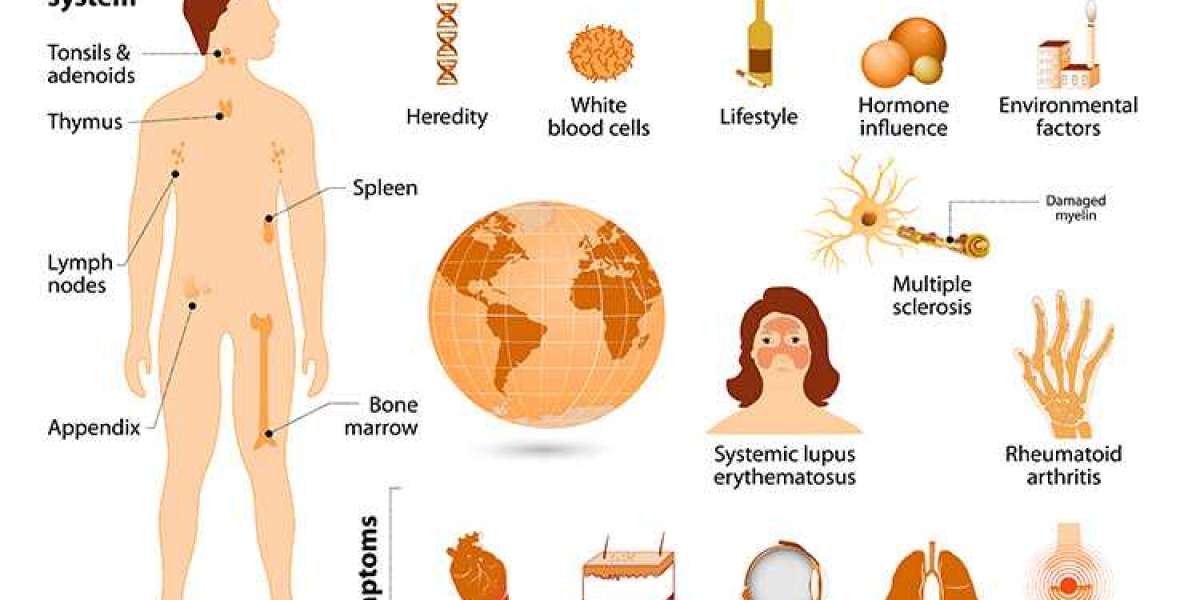A healthy immune system defends the body against disease and infection. But if the immune system malfunctions, it mistakenly attacks healthy cells, tissues, and organs. Called autoimmune disease, these attacks can affect any part of the body, weakening bodily function and even turning life-threatening.
Scientists know about more than 80 autoimmune diseases. Some are well known, such as type 1 diabetes, multiple sclerosis, lupus, and rheumatoid arthritis, while others are rare and difficult to diagnose. With unusual autoimmune diseases, patients may suffer years before getting a proper diagnosis. Most of these diseases have no cure. Some require lifelong treatment to ease symptoms.
Collectively, these diseases affect more than 24 million people in the United States. An additional eight million people have auto-antibodies, blood molecules that indicate a person’s chance of developing autoimmune disease. Autoimmune diseases are affecting more people for reasons unknown. Likewise, the causes of these diseases remain a mystery.
Studies indicate these diseases likely result from interactions between genetic and environmental factors. Gender, race, and ethnicity characteristics are linked to a likelihood of developing an autoimmune disease.








Imran Khan 1 y
Immune system must be strong to coupe any disease.